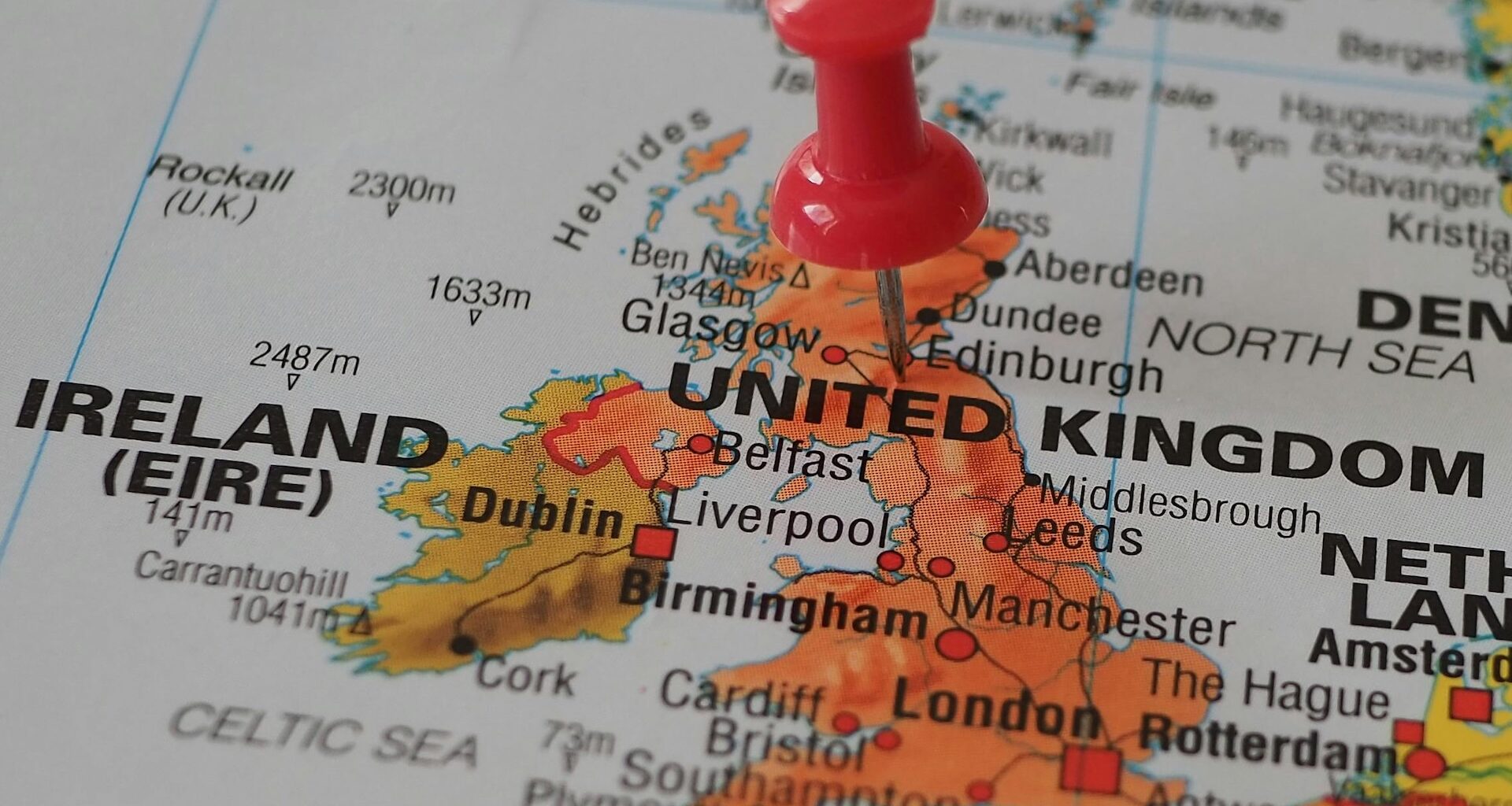The government is reportedly considering ways to remove the two-child limit, but it could do this through a tapered system, meaning that support for larger families would remain capped.
Dr Sara Reis, deputy director at the UK Women’s Budget Group, said: “No child’s future should depend on how many siblings they have. From Belfast to Cardiff, Edinburgh to London, the two-child limit is pushing families into poverty. Our analysis shows the difference one policy change could make in each nation. Ending it in full would give over half a million children a fairer start.”
Scotland has announced it is effectively scrapping the policy by introducing a ‘two-child limit payment’, which will provide a monthly supplement for children who miss out on financial support because of the two-child limit. This will open for applications in March 2026.
Low-income families in Scotland may also be eligible for the Scottish child payment, which is a weekly payment of £27.15 for children under the age of 16 in families on certain benefits. This is in addition to any child benefits, universal credit or other benefits that a family receives.
Reis said that Scotland’s child payment has “helped bring poverty rates down” and shows that “giving families more money works”.
“The Westminster government should learn from this and follow suit. The autumn budget is the moment to act – for every child, in all four nations,” Reis added.
Advertising helps fund Big Issue’s mission to end poverty
Sara Cowan, director at the Scottish Women’s Budget Group, said: “The Scottish child payment shows that putting money in families’ pockets is a critical route out of poverty. If the UK government is serious about addressing the systemic barriers to child poverty, ending the two-child limit must be a top priority.
“The data speaks for itself: social security is a crucial tool for lifting children out of poverty, restoring hope to families, and removing the burden of managing poverty that is often carried by women.”
Big Issue has reported on the impact of the two-child limit on benefits for years, with families and campaigners telling the magazine that the policy is “punishing” children and forcing parents to make sacrifices in order to afford the basics they need to survive.
As an organisation, the Big Issue is leading calls for the government to set targets to reduce child poverty in its upcoming autumn budget and strategy, backed by charities and celebrities.
Around one in three children in England and Wales are currently living in poverty (31%), compared with 23% in Scotland and 24% in Northern Ireland.

However, the poverty line is different each of the the devolved nations. The Women’s Budget Group has calculated this using the standard measure for the relative poverty line, defined as 60% of the median income after housing costs. As the median income is different in each nation, the poverty line is different.
Advertising helps fund Big Issue’s mission to end poverty
It also means that the poverty line for the whole of the UK is different. Considering this, the Women’s Budget Group estimates that a total of 665,176 children across the country would be lifted above the UK poverty line by scrapping the two-child limit on benefits.
Child poverty is set to cost the country around £40 billion by 2027 through greater unemployment, lower earnings and higher spending on public services, according to the group’s calculations. It finds that the UK could save £5,7bn in future societal costs through lifting 650,000 children out of poverty.
Hannah Griffiths, coordinator of the Wales Women’s Budget Group, said that the two-child limit is an “unfair policy which penalises vulnerable women and children”.
“For women in Wales – who are more likely to rely on social security and to be single parents – the policy compounds existing gender inequalities, pushing them and their families into debt, poverty and hardship,” Griffiths said.
“For too long, women and children have borne the cost of a policy that deepens poverty and inequality; the time has come for the UK government to abolish the two-child limit in full and provide the support that families across the UK truly need.”
Alexandra Brennan, coordinator of the Northern Ireland Women’s Budget Group, said: “We know that children’s poverty is women’s poverty, as many mothers go without before their children do. Increasing the limit instead of scrapping it will have greater impacts here because statistically, families in Northern Ireland are larger. The answer is in the data – and the data shows that the two-child limit must be scrapped in order to lower child poverty.”
Advertising helps fund Big Issue’s mission to end poverty
Do you have a story to tell or opinions to share about this? Get in touch and tell us more.
Change a vendor’s life this Christmas.
Buy from your local Big Issue vendor every week – or support online with a vendor support kit or a subscription – and help people work their way out of poverty with dignity.

